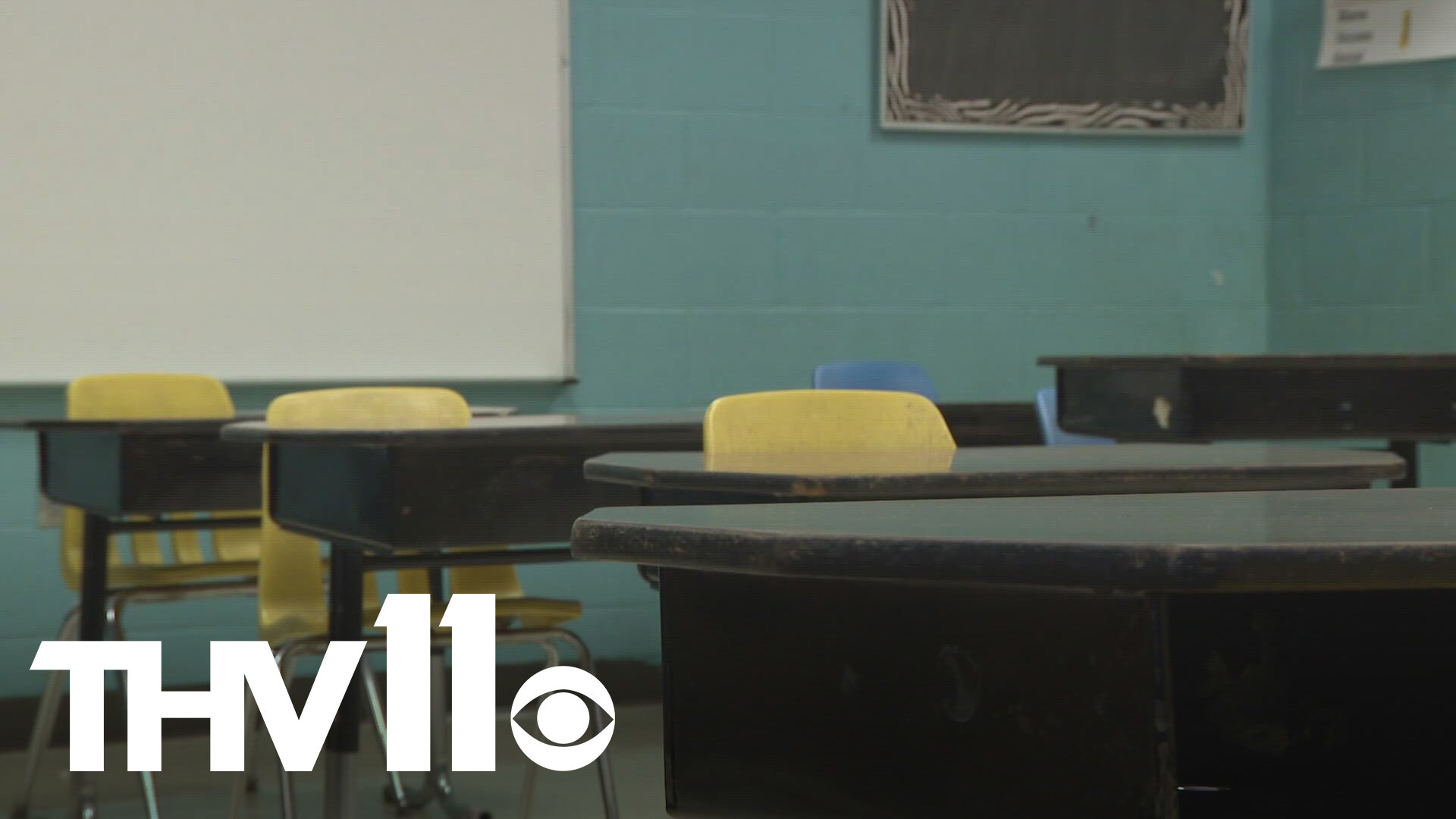SEARCY, Ark. — A new school year is all about new beginnings and the Searcy School District is excited about the upcoming change as they take on a new journey of becoming a cell phone-free school.
"We're looking at it from the stance of student engagement, making students more engaged, not just in their lessons, but with one another which we feel like will contribute to their mental health," said Bobby Hart, the Searcy School District Superintendent.
Earlier this month, Governor Sarah Huckabee Sanders invited Arkansas school districts to join a phone-free school mental health pilot program. Now, Superintendent Hart said that students will start putting phones in pouches during school hours.
However, the change won't happen right away.
"We haven't even set our timeline on how we may implement. We're going to start the school year just like we have been in the past, and then begin to have those conversations and collect that data," Hart explained.
He said the delay in implementing this also comes from wanting the help of teachers, parents, and stakeholders on how they feel about this decision.
"As you might imagine, teachers were about 99% in favor of some form of restriction, and parents were about 60/40 and so we feel like that is safe enough to pursue and continue to go down that path," Hart added.
Now, they've started sorting out minor details like when students can access their phones and addressing any safety concerns.
This all comes as Governor Sanders continues raising awareness to address the symptoms of youth mental illness and one of its largest causes: social media and screen addiction.
It's also a mission that mental health counselor Mary Catherine Liscinski explained she's on board with.
"In that range of 2010 to 2015, we saw huge increases in the rates of depression and even in the rates of suicide, of you know, children age 10 to 14, which is so sad. You know, to see that rate, I believe it's actually tripled from 2010 to 2020 even before the pandemic," Liscinski said.
She also suggested that one of the best things families can do right now is limit screen time.
"We're seeing [how] through research, it's critical for child development to have that 'more normal childhood' and not be stuck on a screen," she added.

